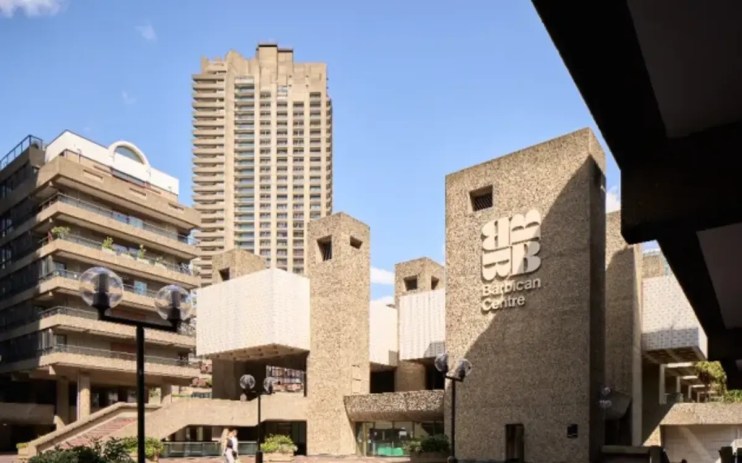Brutalist gatekeepers should remember people need homes too

Another building project, another planning delay. It is as predictable as rain on a bank holiday. And it does the same thing to the mood of investors.
London needs to build. The UK needs to build. It also needs to repurpose buildings, find new ways of linking up communities, and generally put the bricks and mortar in place for a growing population of worker bees. That growing working population, lest us forget, is the only way we are going to keep this free-spending house of cards on the road.
The Barbican decision may or may not be procedural, depending on who you ask. But it adds complexity, time, and money, to what should be a straightforward process. Somebody wants to build something Britain needs. So build it.
It’s the same with the Lower Thames Crossing, now the proud record holder for the longest planning document in the world. The All England Lawn Tennis Club can’t expand Wimbledon’s tennis facilities over the road onto land that it owns. The MSG Sphere was too bright. M&S can’t even give a flagship store a facelift.
Those who take pride in preventing building seem to think of themselves as the proud keeper of John Betjeman’s flame, fighting modernity wherever they go.
But the world has changed: developers spend millions of pounds a year thinking about ‘placemaking’ on every new project, ensuring they enhance local areas. ‘Human-centric’ is the buzzword of the day. The market has responded: developments that don’t create communities don’t sell.
We cannot allow Britain to stagnate, and our planning system is pushing us in that direction. The next generation won’t thank us if we don’t give them a place to live, a place to work, and a place to love.